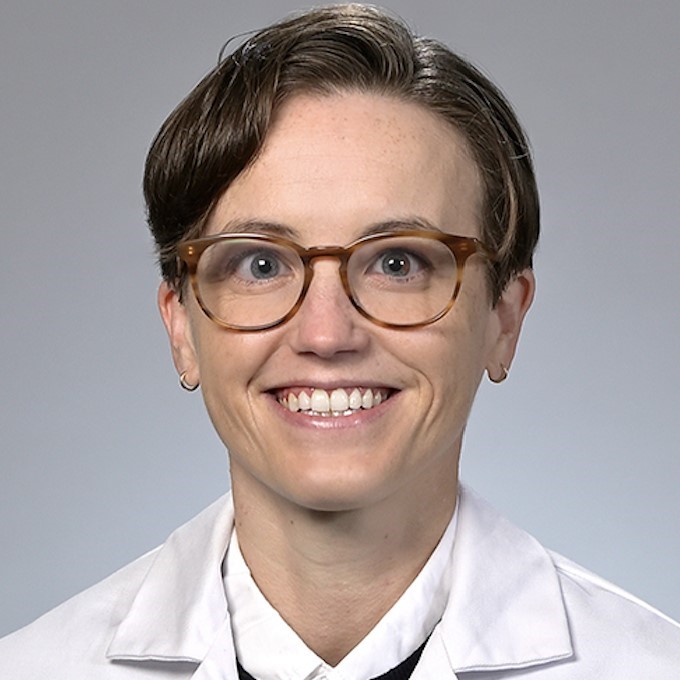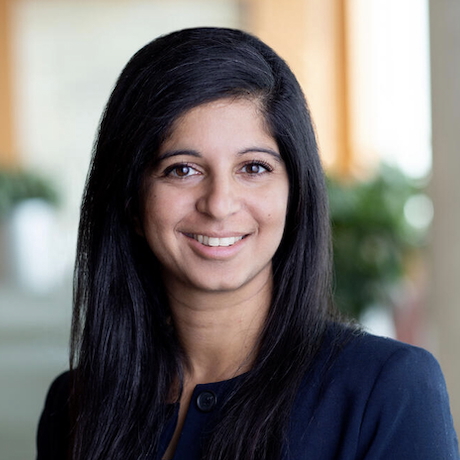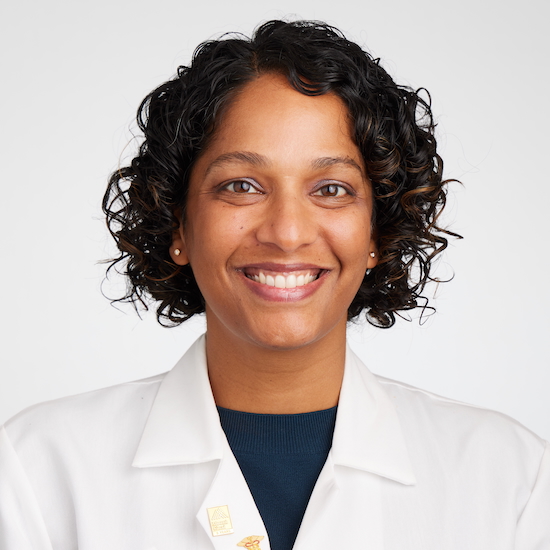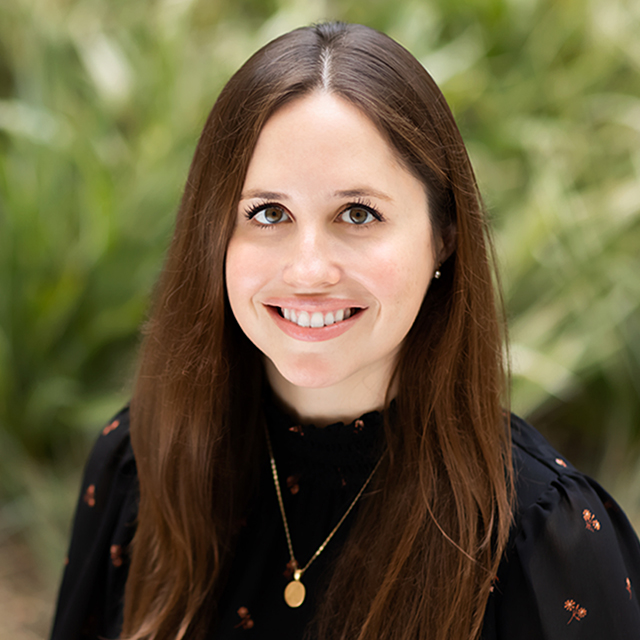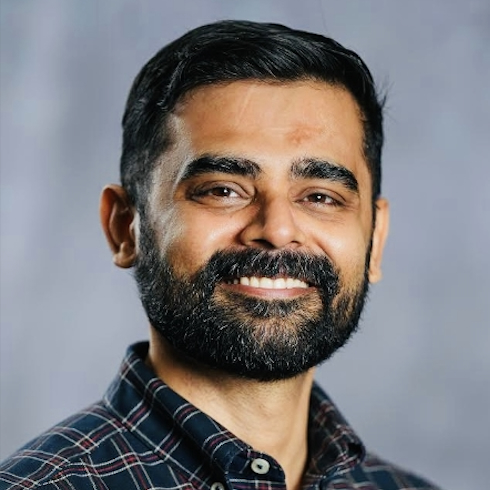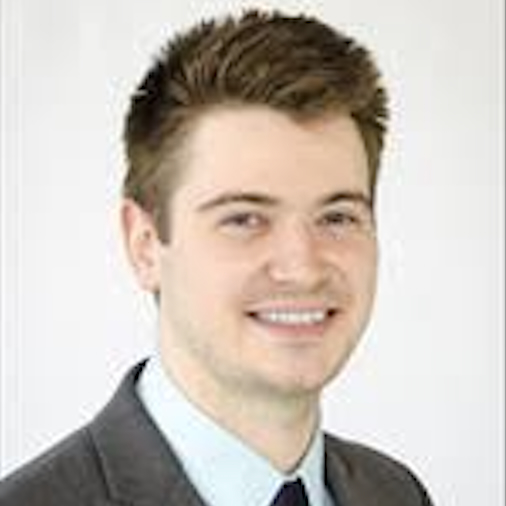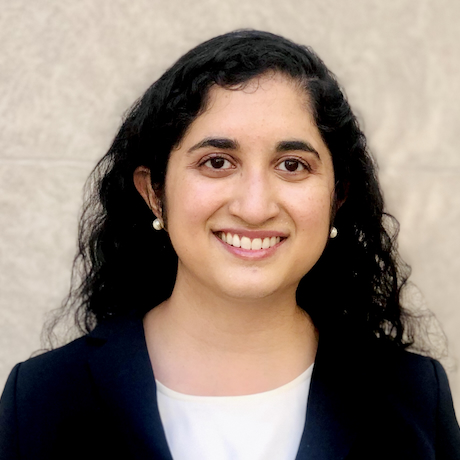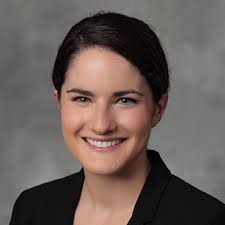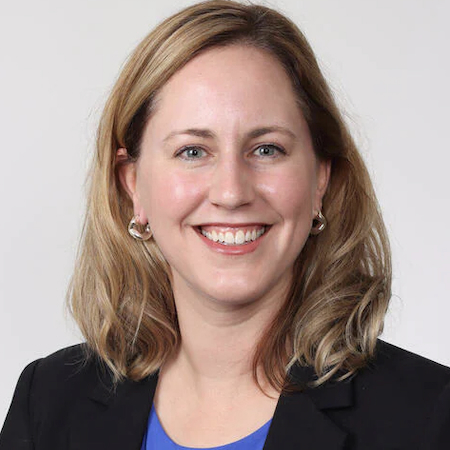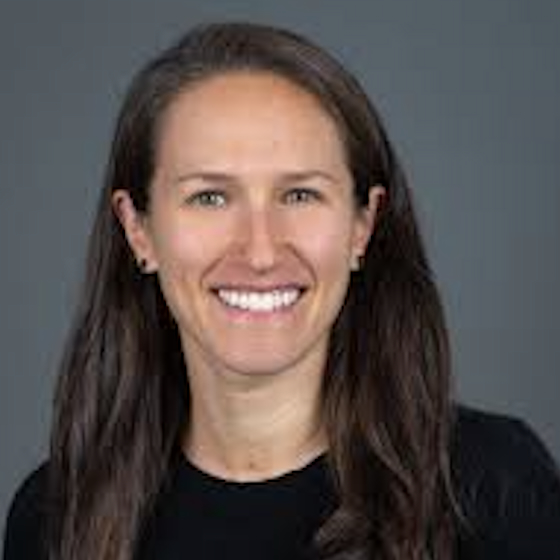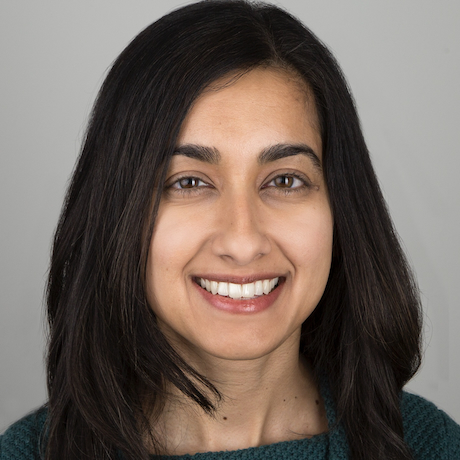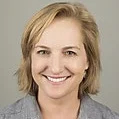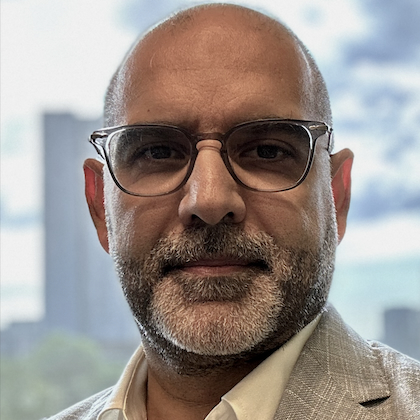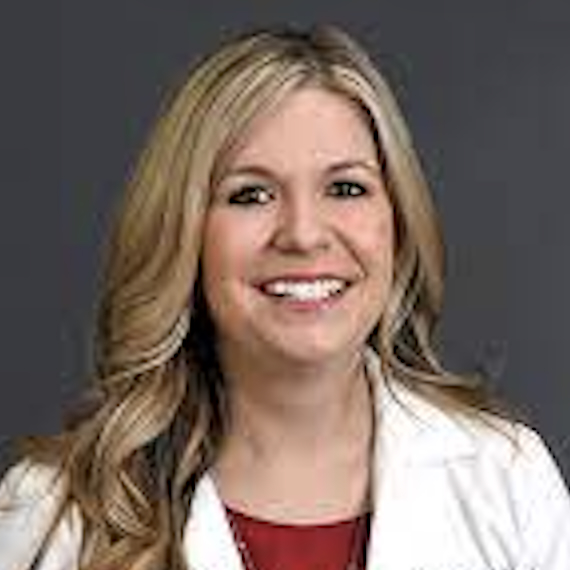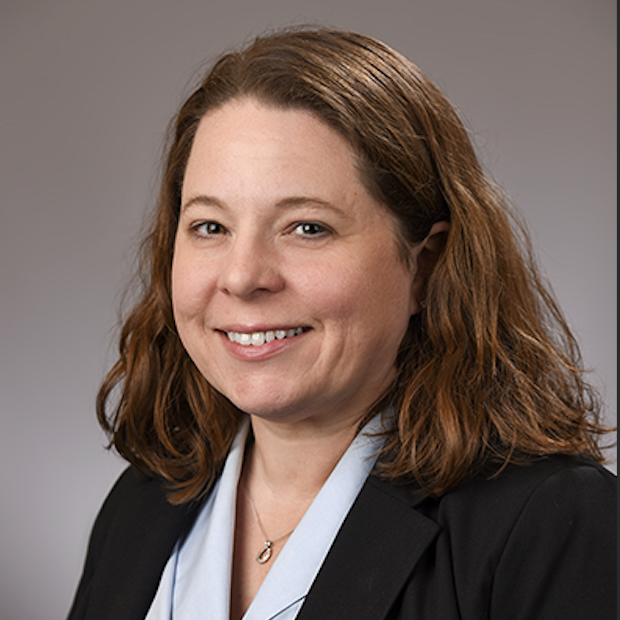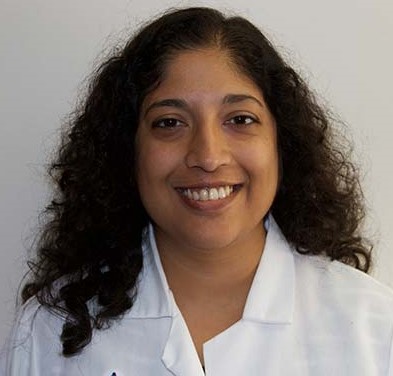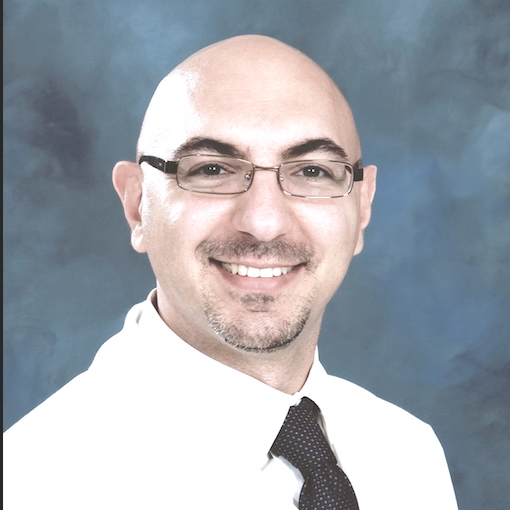|
|
||||||||||||||||||||||||||
| 2026 FLIGHT ACADEMY PRE-COURSE SESSIONS // WEDNESDAY, MARCH 4, 2026 | |
| SESSION TIME / TITLE | SESSION DESCRIPTION / OBJECTIVES |
| 8:00 AM - 8:10 AM (MST) Welcome and Introductions  James Frank, MD, MA |
|
| KEYNOTE ADDRESS 8:10 AM - 9:10 AM (MST) The Leadership-Mentorship Connection: Developing Effective Fellowship Program Excellence 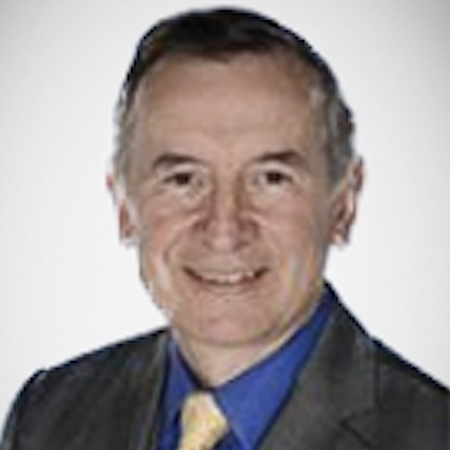 Leon E. Moores, MD, DSc, FACS |
When we think about leadership training for physicians, we often think about preparing seasoned doctors to take executive roles in the healthcare hierarchy. And while physicians in the C-suite and senior management certainly do influence the strategy, vision, and culture of an organization, the hundreds or thousands of doctors in our clinics, operating rooms, emergency departments, and hospital wards have constant, direct impact on the performance of healthcare teams, day in and day out. And this level of physician leadership - defined as influencing behavior to achieve desired results - tends to be overlooked. I will present an argument that leadership is a CORE COMPETENCY for all physicians, and our patients will benefit from recognizing this and teaching all physicians fundamental leadership skills. |
| 9:10 AM - 9:20 AM (MST) |
Orientation/Transition to Concurrent Workshop Sessions |
| 9:20 AM - 4:50 PM (MST) |
CONCURRENT WORKSHOP SESSIONS |
|
CONCURRENT PANEL DISCUSSION/WORKSHOP 1 |
Fellowship programs are expected to continuously innovate while delivering reliable training outcomes, yet many lack a structured pathway from idea to implementation to sustainable change. This session provides program-level strategies to (1) identify priority areas (using pre-existing sources, including ACGME survey results, annual surveys/program review, and strategic priorities); (2) design, implement, and sustain innovations; and (3) build a stable, ongoing culture of innovation in your program. Session objectives: At the conclusion of this session, participants should be better able to: 1. Identify areas for program innovation, including ACGME survey data, annual surveys/program review findings, fellows’ interest, and institutional priorities. 2. Apply practical methods and structures to design, implement, evaluate, and sustain program innovations within a fellowship program. |
|
WORKSHOP 2 |
Population health management (PHM) is a critical skill for practicing pulmonary and critical care physicians, and is an ACGME training requirement for PCCM fellowship. However, there is limited guidance on optimal strategies to teach PCCM fellows about population health management, especially in settings with limited faculty experts. Both fellows and faculty may be reluctant to buy in to and engage in educational initiatives related to population health management. This session will explore strategies for delivering meaningful population health education and engaging learners and faculty. |
|
WORKSHOP 3 |
No one advances a career alone. Clinician Educators are expected to guide trainees in building a local, regional, and national career support network. Many Clinician Educators struggle to build these networks for themselves, let alone model best practices for trainees. In this interactive workshop, participants will learn the value of shifting from a traditional dyadic model of mentorship to a curated, mission-aligned Developer Network. Developers share a high level of mutual learning and trust in which both individuals give and receive various kinds of information, emotional, and strategic support. Participants will leave this session with a Developer Map draft and an actionable plan to identify and fill gaps in their support network. Session objectives: At the conclusion of this session, participants should be better able to: 1. Leverage internal and external resources to build a mission-aligned Developer Network using a mapping tool. 2. Generate an action and accountability plan to regularly optimize your Developer Network as your career evolves. |
|
WORKSHOP 4 |
Professional identity formation (PIF) refers to the process by which an individual develops the identity of a professional through socialization. In medicine, this process occurs via communities of practice (CoP), which describes relationships between professional activities, learning at work, and the formation and maintenance of new identities. However, frameworks of identity formation may be underutilized as divisions continue to elevate equity, diversity, and inclusion as core values. This session will explore the critical role of PIF in shaping behavior and identity as both a mentor and a lifelong trainee. Topics will include identity tension, the negotiation of professional identities within CoP, and the vital role mentors play in fostering belonging and inclusion. Session objectives: At the conclusion of this session, participants should be better able to: 1. Define Professional Identity Formation (PIF) and Communities of Practice (CoP). 2. Define the modes of belonging and summarize how these mechanisms of identity formation function within a community of practice. |
|
WORKSHOP 5 |
Leadership skills training has been identified as an area of need in graduate medical education and has specific relevance for critical care trainees. In this workshop, faculty will share a framework adapted from the field of organizational behavior for teaching leadership skills focused on promoting effective, collaborative teamwork. We will discuss how team dynamics develop using the model of Frames – Actions – Results (FAR), and attendees will collectively unpack a negative interaction using a Learning Pathways Grid (LPG), an analytical tool that helps surface and fix the mismatch between goals and impact in interactions. Session objectives: At the conclusion of this session, participants should be better able to: 1. Identify factors that contribute to challenging team dynamics and interprofessional conflict. 2. Learn and practice a framework for managing dysfunctional team dynamics. |
|
WORKSHOP 6 |
We all have different leadership styles we use in different environments. Do you recognize your default style? Are you aware of switching from one style to another in different scenarios? Do you reflect upon whether a particular style you are using is optimized for that environment? Using some classic work popularized by Daniel Goleman we will review leadership domains and styles to create a common language for discussion and personal improvement. |
|
PARTICIPANT DRIVEN PANEL DISCUSSION |
This interactive panel discussion offers medical education leaders a unique opportunity to gain insights and practical advice from seasoned medical education leaders. Audience members are encouraged to submit their most pressing challenges in program leadership prior to the session. Our expert panelists will then address these real-world scenarios, offering diverse perspectives and proven strategies for navigating complex issues. This dynamic format fosters open dialogue and provides a valuable platform for learning from shared experiences and building connections with peers. Come prepared to engage with the panelists and gain valuable takeaways to enhance your leadership skills. Session objectives: At the conclusion of this session, participants should be better able to: 1. Identify common challenges faced by program leadership in Graduate Medical Education. 2. Analyze effective strategies and solutions for addressing program leadership challenges, drawing on the expertise of experienced leaders. |
Disclosure Declaration
As a jointly accredited provider, the University of Nebraska Medical Center (UNMC) must ensure balance, objectivity, independence, and scientific rigor in its educational activities. Faculty are encouraged to provide a balanced view of therapeutic options by utilizing either generic names or the trade names of several to ensure impartiality.
All speakers, planning committee members and others in a position to control continuing education content participating in a UNMC-accredited activity are required to disclose relationships with commercial interests. A commercial interest is any entity producing, marketing, re-selling, or distributing health care goods or services consumed by, or used on, patients. Disclosure of these commitments and/or relationships is included in these activity materials so that participants may formulate their own judgments in interpreting its content and evaluating its recommendations.
This activity may include presentations in which faculty may discuss off-label and/or investigational use of pharmaceuticals or instruments not yet FDA-approved. Participants should note that the use of products outside currently FDA-approved labeling should be considered experimental and are advised to consult current prescribing information for FDA-approved indications.
All materials are included with the permission of the authors. The opinions expressed are those of the authors and are not to be construed as those of UNMC.
Continuing Education and MOC Credit

In support of improving patient care, this activity has been planned and implemented by University of Nebraska Medical Center and Association of Pulmonary and Critical Care Medicine Program Directors. University of Nebraska Medical Center is jointly accredited by the Accreditation Council for Continuing Medical Education (ACCME), the Accreditation Council for Pharmacy Education (ACPE), and the American Nurses Credentialing Center (ANCC), to provide continuing education for the healthcare team.
The University of Nebraska Medical Center designates this live activity for a maximum of TBD AMA PRA Category 1 Credits™. Physicians should claim only the credit commensurate with the extent of their participation in the activity.
Maintenance of Certification (MOC)
Successful completion of this CME activity, which includes participation in the evaluation component, enables the participant to earn up to TBD Medical Knowledge MOC points in the American Board of Internal Medicine Maintenance of Certification (MOC) program.
It is the CME activity provider’s responsibility to submit participant completion information to ACCME for the purpose of granting ABIM or ABP, etc. MOC credit.
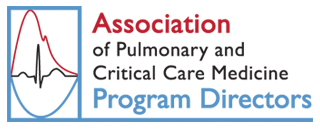
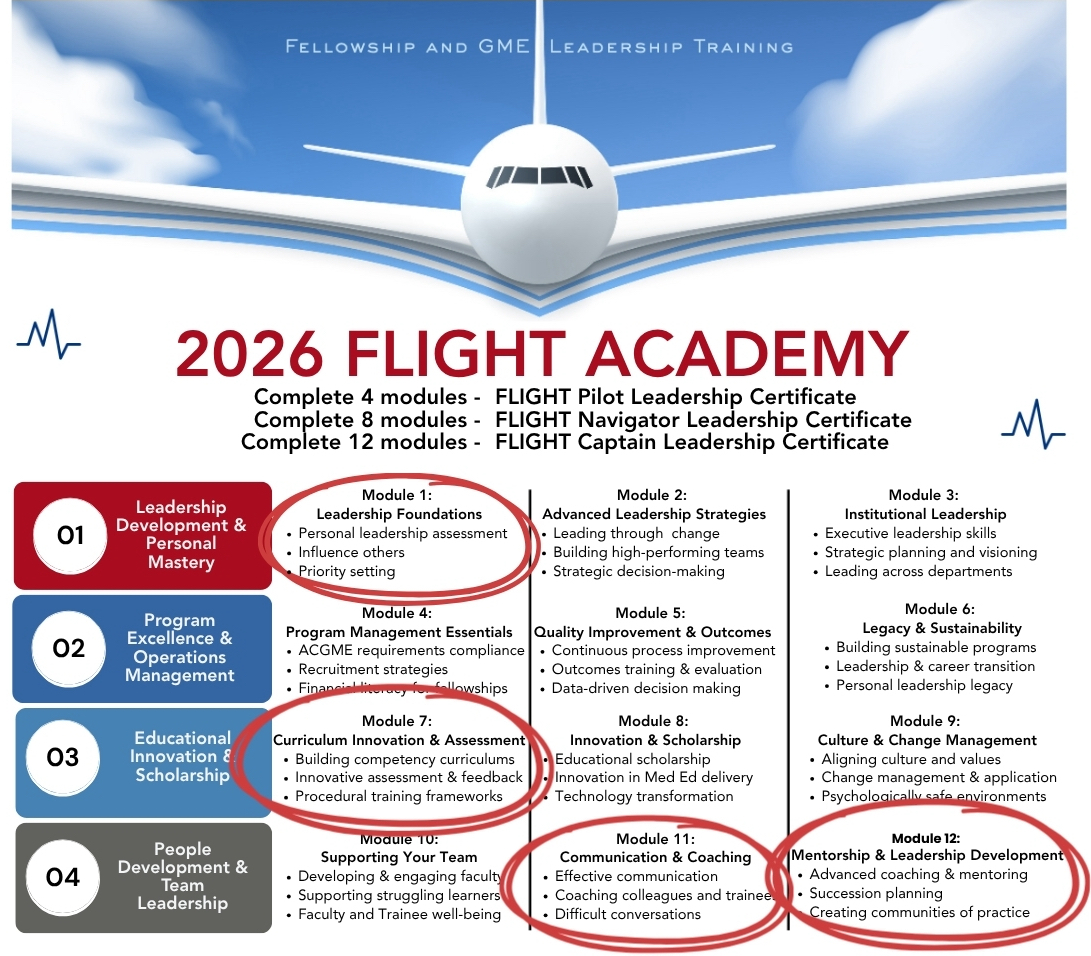
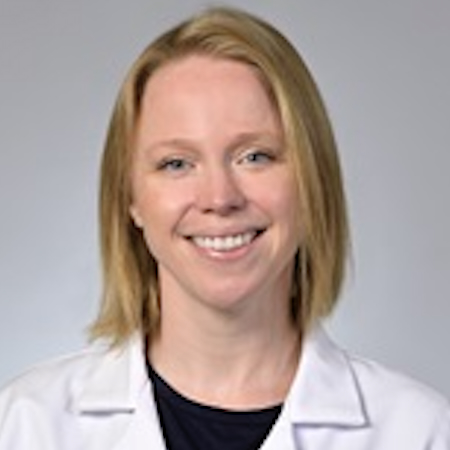
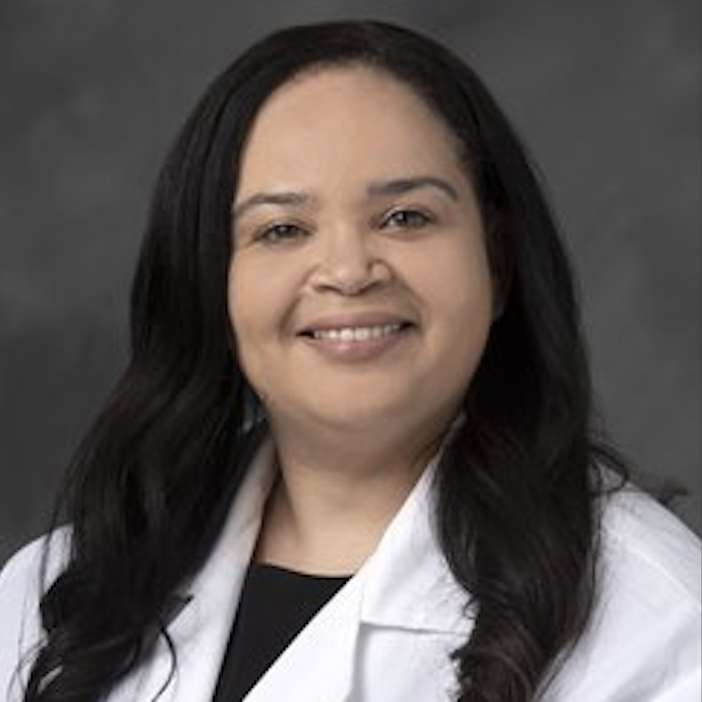 \
\